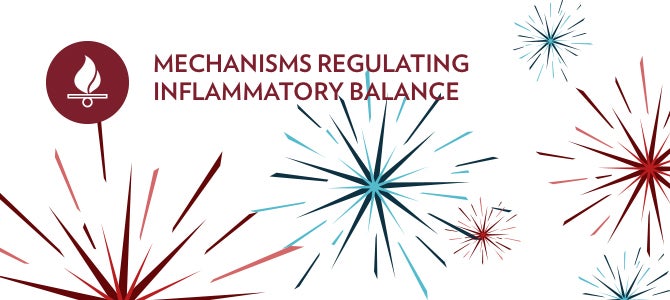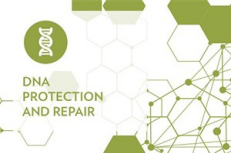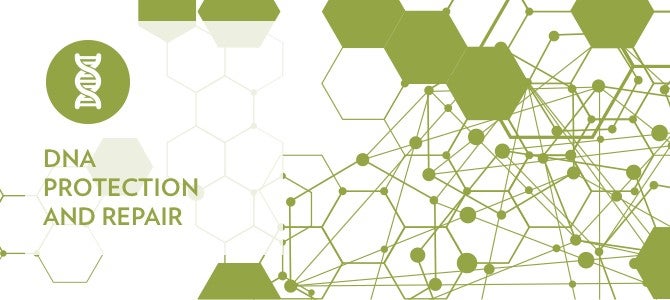Mechanisms Regulating Inflammatory Balance
March 30, 2017

Historically, civilizations stationed guards to keep watch over their cities as their first line of defense. The guards used fireworks or bells to signal when foreign armies invaded. These alarms allowed their military to effectively defend their civilization.
This is similar to a process that occurs throughout your body. When exposed to damaging factors or foreign pathogens, your body’s cells raise an alarm. One of these alarms is inflammation.
As part of your body’s first line of defense, macrophage cells—the “guards”—release inflammatory signals including cytokines and chemokines. These inflammatory signals trigger appropriate cellular processes to protect and repair the body.
While we tend to think of inflammation as a bad thing, examples like this demonstrate that inflammation is actually a critical part of your body’s defense mechanisms. Without it, the body is hindered in its ability to protect itself. When used efficiently and properly, scientists refer to it as “acute inflammation.”
THE ROLE OF INFLAMMATION IN AGING
However, problems arise if inflammation becomes dysregulated or unbalanced. Imagine an alarm system that never stops or that goes off when it should not.
Proper regulation of inflammatory balance plays a key role in health and wellness—everywhere in the body.
Watch the video below to see mechanisms of inflammation in action:
To learn more about your body’s natural defenses against aging aggressors, visit Introduction to Aging Defense Mechanisms (ADMs).

Written by:
Steven Tolboe
Technical Communication & Education Manager
Pharmanex
Sources:
1) Fougère B, Boulanger E, Nourhashémi F, Guyonnet S, Cesari M. Chronic Inflammation: Accelerator of Biological Aging. J Gerontol A Biol Sci Med Sci. 2016 Dec 21.
2) Franceschi C, Campisi J. Chronic inflammation (inflammaging) and its potential contribution to age-associated diseases. J Gerontol A Biol Sci Med Sci. 2014 Jun;69 Suppl 1:S4-9.
3) Michaud M, Balardy L, Moulis G, Gaudin C, Peyrot C, Vellas B, Cesari M, Nourhashemi F. Proinflammatory cytokines, aging, and age-related diseases. J Am Med Dir Assoc. 2013 Dec;14(12):877-82.

 banner.jpg)

